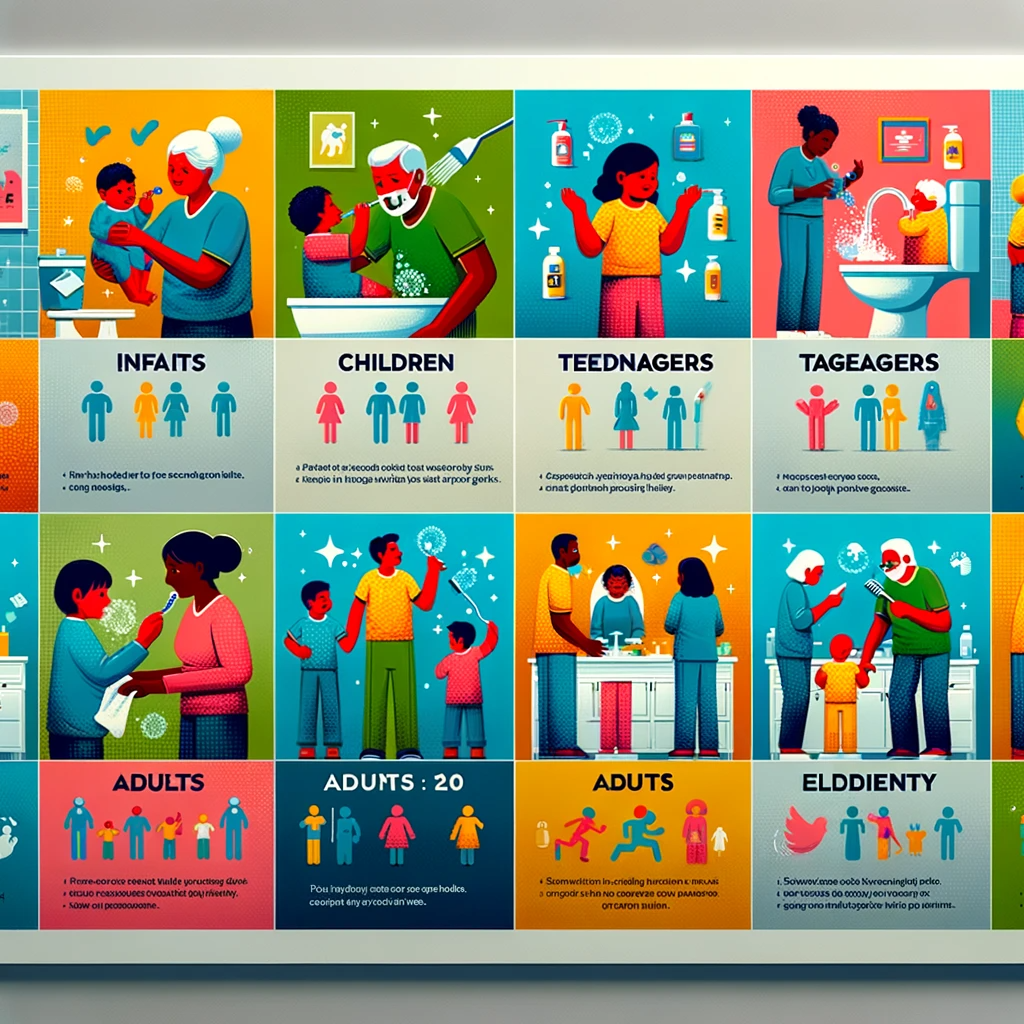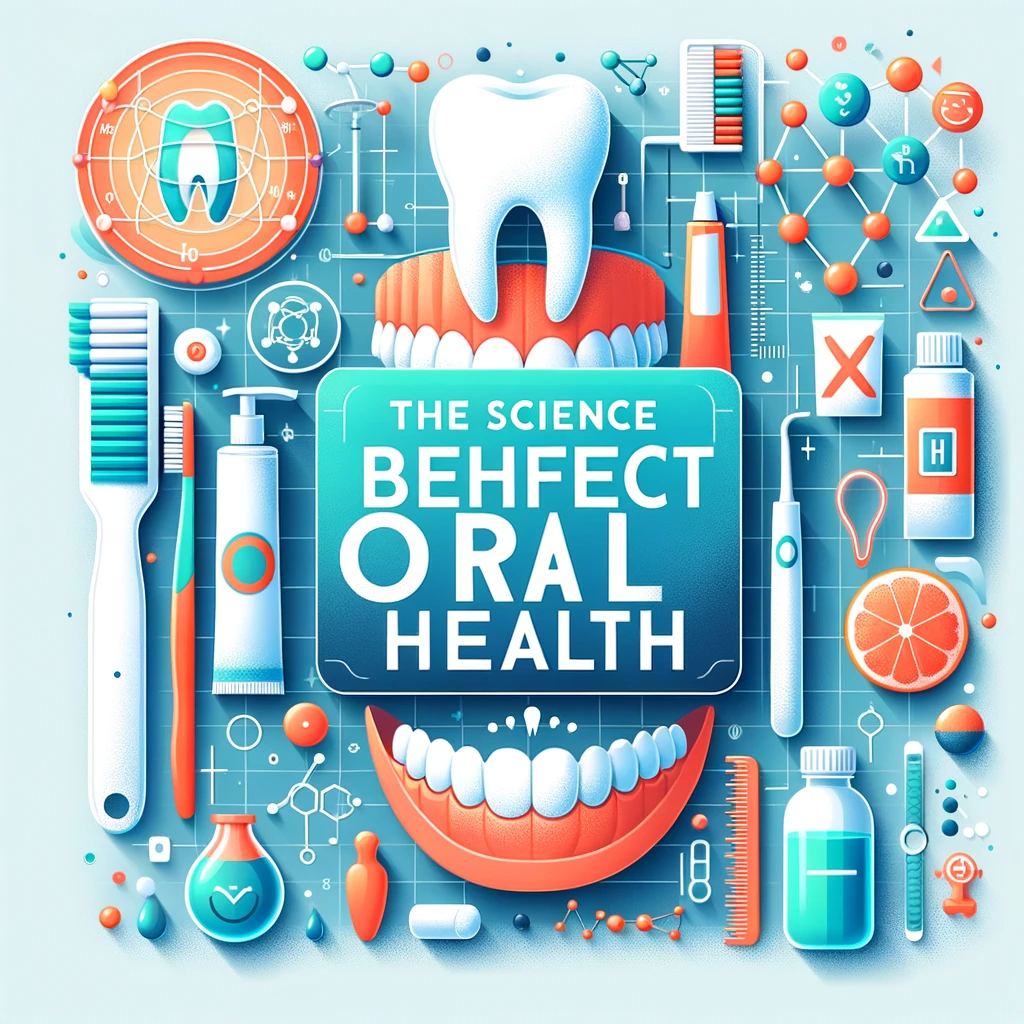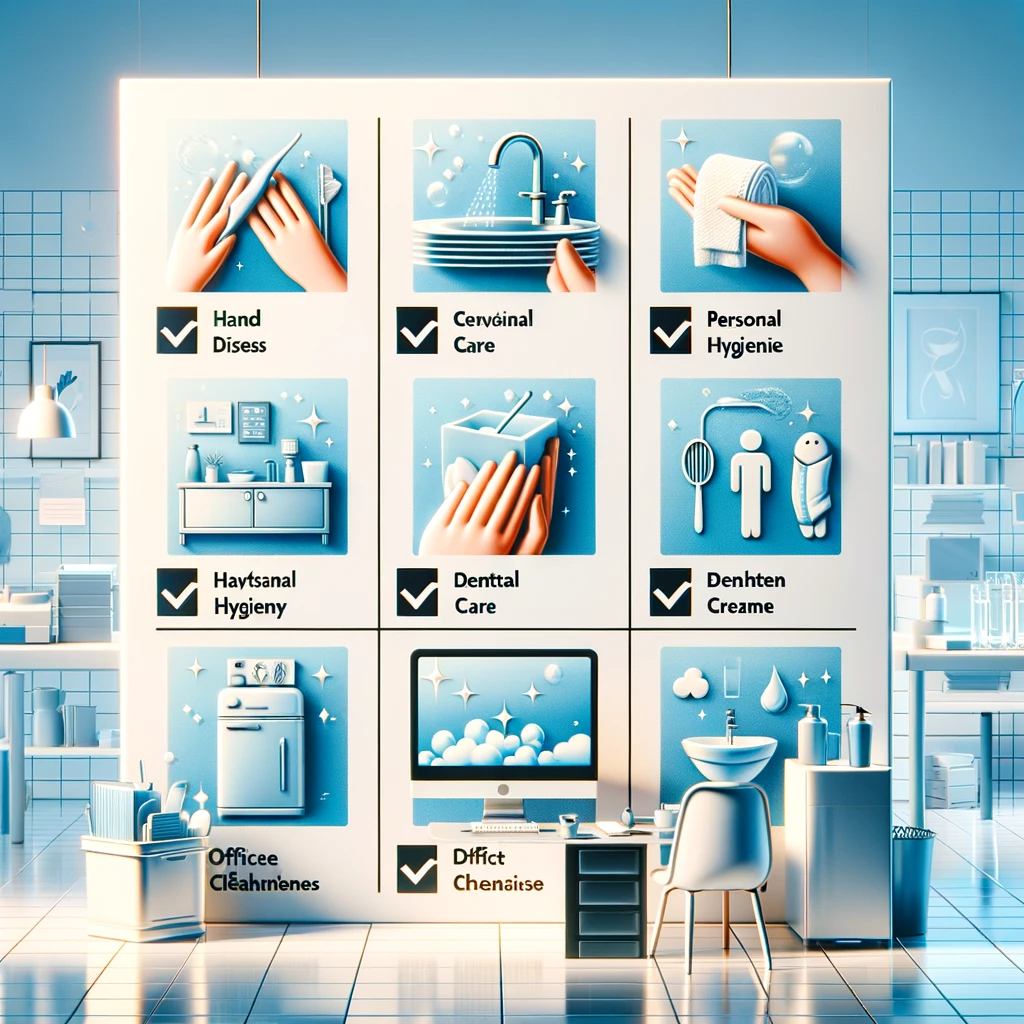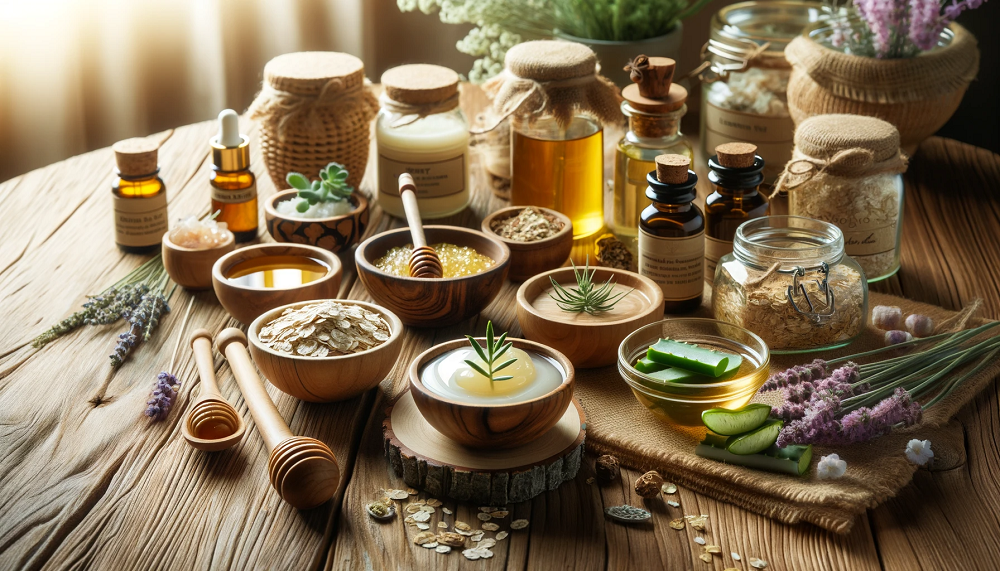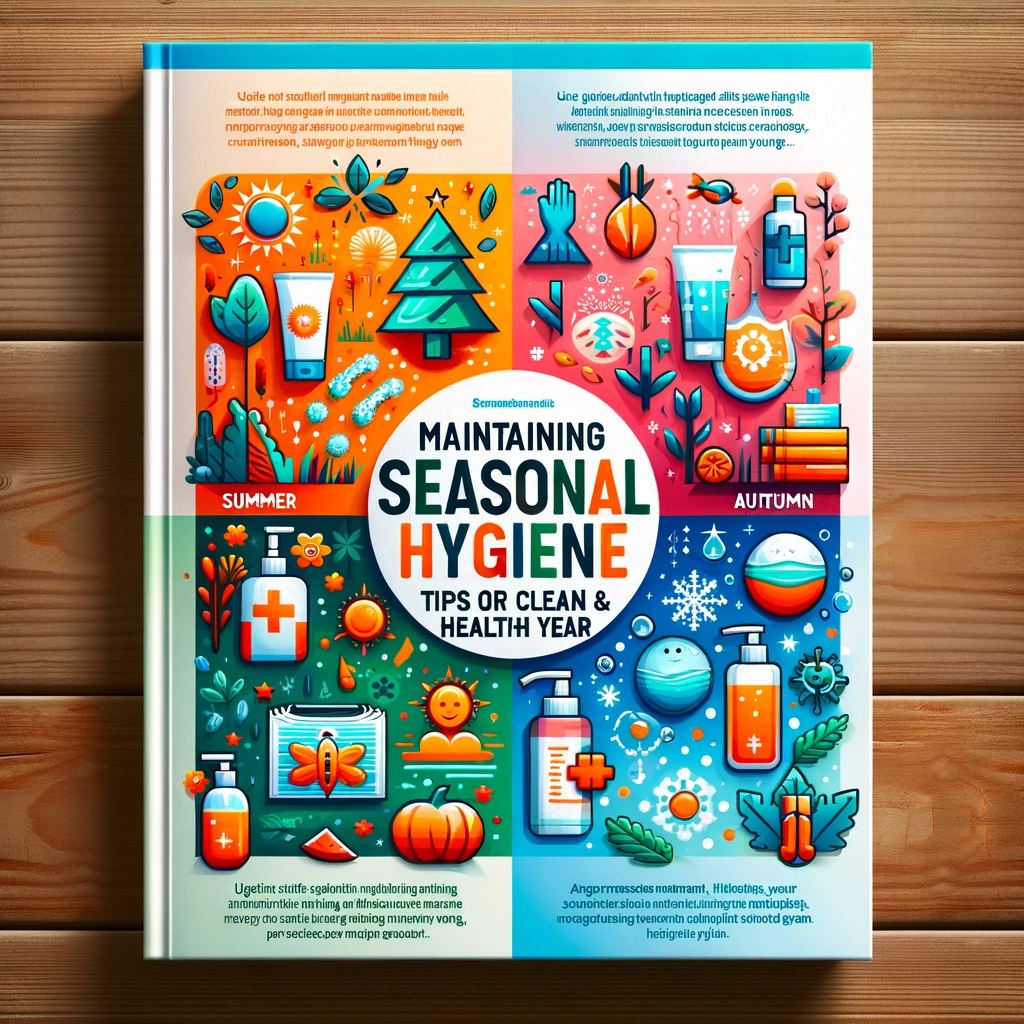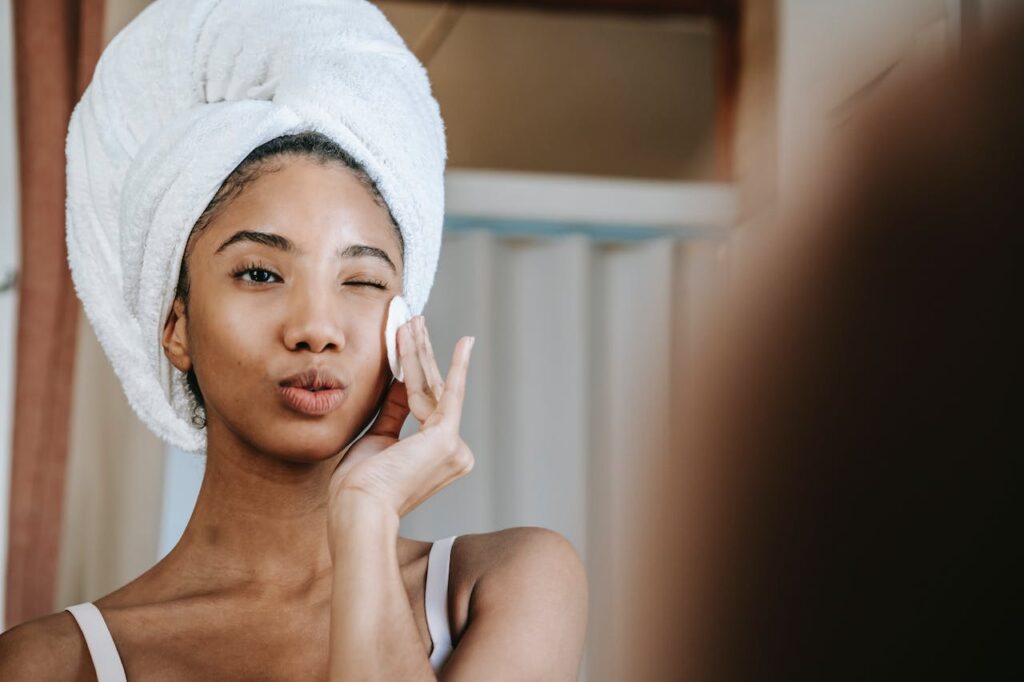Age-specific hygiene is a multifaceted concept that underscores the importance of tailoring our cleanliness and well-being practices to meet the unique needs and challenges faced by individuals at different stages of life. It acknowledges that our bodies evolve, our lifestyles change, and our hygiene routines should adapt accordingly. Proper hygiene transcends mere aesthetics; it is a fundamental cornerstone of health, comfort, and self-esteem. In this comprehensive guide, we delve into the intricacies of age-specific hygiene, emphasizing its vital significance and offering invaluable insights into maintaining optimal cleanliness and well-being throughout life’s various chapters. From nurturing hygiene habits in infants to adapting routines for seniors, addressing common mistakes at different ages, providing tips for improvement, and exploring hygiene products and tools for all, this exploration aims to equip readers with the knowledge needed to make informed decisions about their hygiene practices. Whether you’re a parent, a teenager, an adult, or a senior, understanding the principles of age-specific hygiene is an investment in your long-term health and quality of life.
| Age Group | Tips for Age-Specific Hygiene |
|---|---|
| Infants and Toddlers | – Regular diaper changes <br> – Gentle bathing with mild baby soap <br> – Oral hygiene for emerging teeth <br> – Nail care to prevent scratches <br> – Proper sterilization of feeding equipment |
| Children and Adolescents | – Daily bathing and thorough washing <br> – Regular tooth brushing and flossing <br> – Handwashing before meals and after using the restroom <br> – Address puberty-related hygiene concerns <br> – Teach self-care routines and independence |
| Adults | – Daily showers with mild soap <br> – Consistent oral hygiene, dental check-ups <br> – Use of deodorant or antiperspirant <br> – Appropriate hair and facial care <br> – Men’s grooming routines <br> – Proper vaginal hygiene for women |
| Seniors | – Dental care, regular check-ups <br> – Mobility and safety considerations <br> – Skin care with mild products <br> – Address incontinence with hygiene products <br> – Foot care and proper footwear |
| Common Mistakes | – Avoid harsh products <br> – Prioritize oral hygiene and regular dental check-ups <br> – Thorough handwashing <br> – Don’t ignore specific age-related hygiene needs <br> – Maintain regular bathing habits |
| Improvement Tips | – Stay informed about age-related hygiene needs <br> – Choose age-appropriate products <br> – Establish and follow daily hygiene routines <br> – Seek professional guidance when needed <br> – Make hygiene practices enjoyable and educational <br> – Be adaptable as your body changes with age |
| Products and Tools | – Baby-friendly shampoos and soaps <br> – Age-appropriate toothbrushes and toothpaste <br> – Deodorants and antiperspirants <br> – Skincare products for different skin types <br> – Assistive tools for seniors or mobility-challenged individuals |
Introduction to Age-specific Hygiene
Age-specific hygiene is a fundamental aspect of our daily lives that often doesn’t receive the attention it deserves. It refers to the practice of tailoring hygiene routines and habits to meet the specific needs and challenges faced by individuals at different stages of life. From infants to seniors, our bodies and lifestyles undergo continuous changes, necessitating adjustments in how we approach cleanliness and well-being.
Maintaining proper hygiene is more than just about appearances; it plays a pivotal role in our overall health, comfort, and self-esteem. In this article, we’ll delve into the concept of age-specific hygiene, emphasizing its significance and providing valuable insights into how to maintain optimal cleanliness and well-being at every stage of life.
The Importance of Age-specific Hygiene
Age-specific hygiene isn’t a one-size-fits-all concept; it recognizes that our hygiene practices should evolve as we age. Proper hygiene is essential because it directly impacts our health and quality of life. Here’s why age-specific hygiene is of paramount importance:
- Preventing Illnesses and Infections: Adhering to age-appropriate hygiene practices helps prevent illnesses and infections, which can be especially critical for vulnerable age groups like infants and seniors.
- Boosting Self-esteem: Good personal hygiene enhances self-esteem and confidence, promoting mental and emotional well-being. This is particularly important for adolescents who may struggle with self-image.
- Social Well-being: Maintaining hygiene is a key component of social well-being. It ensures that individuals of all ages can engage in social activities and relationships without discomfort or embarrassment.
- Long-term Health: Age-specific hygiene can contribute to long-term health outcomes. By addressing age-related hygiene needs, we can reduce the risk of chronic conditions and maintain a higher quality of life as we grow older.
Infants and Toddlers: Nurturing Hygiene Habits from the Start
Age-specific hygiene begins in infancy, where parents and caregivers play a crucial role in establishing hygiene routines that lay the foundation for a lifetime of cleanliness. Here’s how to nurture hygiene habits from the start for infants and toddlers:
- Diaper Care: Regular diaper changes are essential to prevent diaper rash and discomfort. Use gentle baby wipes and diaper creams as needed.
- Bathing: Gently bathe your infant with lukewarm water using mild, fragrance-free baby soap. Be cautious about over-bathing, as infant skin is sensitive.
- Oral Hygiene: Even before teeth emerge, clean your baby’s gums with a soft cloth or infant toothbrush. As teeth appear, switch to an age-appropriate toothpaste and toothbrush.
- Nail Care: Trim your baby’s nails regularly to prevent scratches.
- Feeding Hygiene: Ensure proper sterilization of feeding bottles and utensils to prevent infections.
For toddlers, introduce the concept of handwashing and teach them to use the potty. Make hygiene routines enjoyable and educational to instill good habits early on.
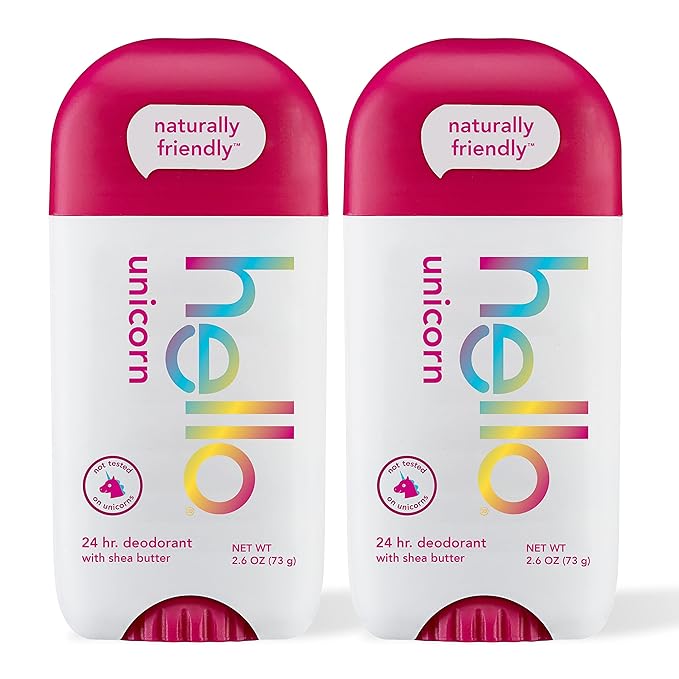
Hello Unicorn Deodorant: Safe for All, 2-Pack
Two 2.6 oz aluminum-free unicorn-scented sticks, gentle on skin and odor protection for 24 hours. Smooth glide with all-natural fragrances for all ages. Eco-friendly packaging, vegan, and cruelty-free. No baking soda, dyes, or parabens.
Children and Adolescents: Teaching Good Hygiene Practices
As children and adolescents grow, they can begin taking more responsibility for their hygiene. Here’s how to teach good hygiene practices to these age groups:
- Bathing and Showering: Encourage daily bathing and provide age-appropriate soaps and shampoos. Teach them to wash thoroughly, paying attention to areas like the face, underarms, and genitals.
- Oral Care: Emphasize the importance of brushing teeth twice daily and flossing. For adolescents, discuss the role of proper dental care in preventing issues like cavities and gum disease.
- Handwashing: Teach children to wash their hands before meals, after using the restroom, and after outdoor activities to prevent the spread of germs.
- Puberty-related Hygiene: Address the hygiene challenges that come with puberty, including acne, body odor, and menstrual hygiene for girls. Provide guidance and products to help them navigate these changes.
Adults: Maintaining Hygiene for Health and Well-being
As we transition into adulthood, our hygiene routines become more established, but that doesn’t mean they should be taken for granted. Maintaining proper hygiene remains crucial for health and overall well-being during these years. Here are some key considerations for adults:
- Daily Showering: Regular daily showers help remove sweat, dirt, and dead skin cells. Use a mild, pH-balanced soap to avoid drying out your skin.
- Oral Hygiene: Continue to brush your teeth at least twice a day and floss daily to prevent cavities and gum disease. Regular dental check-ups are essential.
- Deodorant: Use deodorant or antiperspirant to control body odor. There are various options available to suit individual preferences.
- Hair Care: Choose hair care products based on your hair type and specific needs. Regular trimming can help maintain healthy hair.
- Facial Care: Establish a skincare routine that includes cleansing, moisturizing, and sun protection. Tailor products to your skin type, whether it’s oily, dry, or sensitive.
- Men’s Grooming: For men, maintaining facial hair and body hair is a personal choice. Use appropriate tools and products to groom and style as desired.
- Vaginal Hygiene: Women should pay attention to vaginal hygiene by using gentle, pH-balanced products. Avoid harsh soaps or douches, as they can disrupt the natural balance.
- Handwashing: Continue to practice thorough handwashing, especially before meals and after using the restroom. Hand sanitizer can be useful when soap and water are unavailable.
Seniors: Adapting Hygiene Routines for Aging Bodies
As we age, our bodies undergo significant changes, and hygiene routines may need to be adapted to accommodate these changes. Seniors should pay extra attention to the following aspects:
- Dental Health: Aging can lead to dental issues such as gum disease and tooth loss. Regular dental check-ups and proper denture care, if applicable, are crucial.
- Mobility and Safety: Seniors with reduced mobility may find certain hygiene tasks challenging. Consider using assistive tools like shower chairs, grab bars, and non-slip mats to enhance safety and independence.
- Skin Care: Aging skin may become thinner and more sensitive. Use mild, moisturizing soaps and creams to prevent dryness and irritation.
- Incontinence: Address incontinence issues with appropriate hygiene products and solutions. Frequent changes and proper cleaning are essential for comfort and skin health.
- Foot Care: Pay attention to foot hygiene and care, especially if mobility is limited. Regularly trim toenails and maintain proper footwear to prevent issues like ingrown nails or fungal infections.
- Medication Effects: Some medications may affect skin or oral health. Consult with healthcare providers to address any medication-related hygiene concerns.
Common Hygiene Mistakes at Different Ages
Throughout our lives, it’s easy to fall into common hygiene mistakes. Being aware of these pitfalls can help us make necessary improvements in our routines. Here are some frequent hygiene mistakes made at different ages:
- Using Harsh Products: Using harsh soaps or cleansers can strip the skin of natural oils, leading to dryness and irritation. Opt for gentle, pH-balanced products.
- Neglecting Oral Hygiene: Skipping regular dental check-ups and neglecting oral hygiene can lead to dental problems that are costly to treat.
- Overlooking Handwashing: Failure to wash hands thoroughly, regardless of age, can contribute to the spread of illnesses and infections.
- Ignoring Specific Needs: Neglecting age-specific hygiene needs, such as menstrual hygiene for girls or elderly care, can lead to discomfort and health issues.
- Infrequent Washing: Not showering or bathing frequently enough can result in body odor and skin problems, regardless of age.
Tips for Improving Age-specific Hygiene
To ensure that age-specific hygiene remains effective and beneficial, consider the following tips:
- Stay Informed: Continuously educate yourself about age-related hygiene needs and changes in best practices.
- Product Selection: Choose age-appropriate products that cater to specific requirements, whether it’s sensitive skin or age-related conditions.
- Routine Establishment: Establish a daily hygiene routine and adhere to it consistently to make it a habit.
- Professional Guidance: Seek professional guidance when needed, such as visiting a dermatologist, dentist, or other specialists for age-specific concerns.
- Educational Approach: Make hygiene practices enjoyable and educational for children to instill good habits early.
- Adaptation: Be prepared to adapt hygiene routines as your body changes with age.
Hygiene Products and Tools for All Ages
The market offers a wide range of hygiene products and tools tailored to different age groups and needs. When choosing products, consider factors such as skin type, sensitivity, and any medical conditions that may require special care. Some common hygiene products and tools include:
- Baby-friendly Shampoos and Soaps: Gentle products designed for infants and toddlers with sensitive skin.
- Toothbrushes: Age-appropriate toothbrushes and toothpaste for children and adults.
- Deodorants and Antiperspirants: Various options to control body odor.
- Skincare Products: Cleansers, moisturizers, and sunscreen for facial and body care.
- Assistive Tools: Shower chairs, grab bars, and non-slip mats for seniors or those with mobility challenges.
- Incontinence Products: Adult diapers, wipes, and barrier creams for individuals with incontinence.
Final Thoughts:
Age-specific hygiene is not just a matter of cleanliness; it is a fundamental aspect of our overall well-being. Throughout this guide, we have emphasized the significance of tailoring our hygiene practices to the unique needs of different age groups. From nurturing good hygiene habits in infants and teaching adolescents the importance of self-care to adapting routines for adults and seniors, age-specific hygiene is a lifelong journey.
By staying informed, making informed product choices, establishing consistent routines, seeking professional guidance when needed, and being adaptable, individuals of all ages can ensure their hygiene practices contribute to long-term health, comfort, and self-esteem. Remember, age-specific hygiene is an investment in your quality of life, and it is never too late to prioritize your well-being. So, take the knowledge from this guide and start making positive changes to your hygiene routines today for a healthier and happier tomorrow.

Two 2.6 oz aluminum-free unicorn-scented sticks for gentle, 24-hour odor protection. Smooth glide with all-natural fragrances suitable for all ages. Eco-friendly packaging, vegan, and cruelty-free. No baking soda, dyes, or parabens.
FAQs:
- What is age-specific hygiene?
- Age-specific hygiene refers to the practice of tailoring hygiene routines and habits to meet the specific needs and challenges faced by individuals at different stages of life, from infancy to old age.
- Why is age-specific hygiene important?
- Age-specific hygiene is crucial because it ensures that our hygiene practices are effective and beneficial for our overall health, comfort, and self-esteem. It addresses age-related changes and helps prevent illnesses and infections.
- What are some common hygiene mistakes people make at different ages?
- Common hygiene mistakes include using harsh products, neglecting oral hygiene, infrequent handwashing, ignoring specific age-related hygiene needs, and not showering or bathing regularly.
- How can I improve my age-specific hygiene?
- To improve age-specific hygiene, stay informed about age-related needs, choose age-appropriate products, establish daily hygiene routines, seek professional guidance when necessary, make hygiene practices enjoyable for children, and be willing to adapt routines as your body changes with age.
- Are there specific hygiene products and tools for different age groups?
- Yes, there are various hygiene products and tools designed for different age groups, such as baby-friendly shampoos and soaps, age-appropriate toothbrushes and toothpaste, deodorants and antiperspirants for body odor control, skincare products for different skin types, and assistive tools for seniors or those with mobility challenges.
- Can age-specific hygiene practices impact long-term health?
- Yes, age-specific hygiene practices can impact long-term health positively. By addressing age-related hygiene needs and preventing hygiene-related issues, individuals can reduce the risk of chronic conditions and maintain a higher quality of life as they age.
- What age groups does age-specific hygiene cover?
- Age-specific hygiene covers all age groups, from infants and toddlers to children, adolescents, adults, and seniors. It recognizes that each stage of life comes with unique hygiene requirements.
- How can parents instill good hygiene habits in their children?
- Parents can instill good hygiene habits in children by leading by example, making hygiene routines enjoyable and educational, providing age-appropriate products, and explaining the importance of cleanliness and self-care.
- What is the role of dental care in age-specific hygiene?
- Dental care is a critical component of age-specific hygiene, as it can prevent dental issues like cavities and gum disease. Regular dental check-ups, proper brushing, flossing, and age-appropriate dental products are essential.
- Is it ever too late to prioritize age-specific hygiene?
- It is never too late to prioritize age-specific hygiene. Regardless of your age, making positive changes to your hygiene routines can have immediate and long-term benefits for your health and well-being.

